

Cement anchor bolts are crucial fasteners used in a wide range of construction applications to securely connect structures to concrete foundations. This guide delves into the types, applications, selection criteria, installation techniques, and best practices for cement anchor bolts, offering valuable insights for engineers, contractors, and construction professionals.Understanding Cement Anchor BoltsWhat are Cement Anchor Bolts?Cement anchor bolts, also known as concrete anchor bolts, are fasteners designed to be embedded in concrete to provide strong and reliable connections. They are used to attach structural elements, machinery, equipment, and other items to concrete surfaces. Their holding power comes from a combination of mechanical interlock and friction between the bolt and the surrounding concrete. Hebei Muyi Import&Export Trading Co.,Ltd provides various cement anchor bolts, learn more on our website.Types of Cement Anchor BoltsThere are several types of cement anchor bolts, each with its own characteristics and applications: Sleeve Anchors: These anchors consist of a bolt, a sleeve, and a nut. When tightened, the sleeve expands to grip the concrete. They offer good holding power and are easy to install. Wedge Anchors: Wedge anchors use a wedge-shaped clip that expands as the bolt is tightened, providing a strong mechanical interlock with the concrete. They are suitable for heavy-duty applications. Drop-In Anchors: These anchors are internally threaded and are installed by inserting a setting tool that expands the anchor within the pre-drilled hole. Concrete Screws: Also known as Tapcon screws, these are self-tapping screws designed to thread directly into concrete, brick, or block. They are quick and easy to install, making them ideal for lighter-duty applications. Epoxy Anchors: These involve injecting epoxy adhesive into a drilled hole and then inserting the anchor rod. The epoxy bonds the anchor to the concrete, providing exceptional strength.Applications of Cement Anchor BoltsCement anchor bolts are used in a vast array of construction projects, including: Securing structural steel columns and beams to concrete foundations. Attaching machinery and equipment to concrete floors. Fastening handrails, guardrails, and other safety barriers. Anchoring signs and lighting fixtures. Connecting precast concrete elements. Securing facade systems to buildings.Selecting the Right Cement Anchor BoltFactors to ConsiderChoosing the appropriate cement anchor bolt depends on several factors: Load Requirements: Determine the tensile and shear forces the anchor will need to withstand. Concrete Strength: The compressive strength of the concrete will affect the anchor's holding power. Environmental Conditions: Consider factors like corrosion resistance if the anchor will be exposed to moisture or chemicals. Installation Requirements: Some anchors are easier to install than others, depending on the site conditions and available tools. Edge Distance and Spacing: Ensure sufficient distance from the edge of the concrete and between anchors to prevent concrete breakout.Load Capacity and SpecificationsEach type of cement anchor bolt has specific load capacity ratings that are provided by the manufacturer. These ratings are typically based on testing conducted according to industry standards, such as ASTM E488. Always consult the manufacturer's specifications to ensure the anchor can handle the intended load. The website of Hebei Muyi Import&Export Trading Co.,Ltd provides detail specifications of different cement anchor bolts. Typical Load Capacities for Different Cement Anchor Bolt Types (Example Data) Anchor Type Diameter (in) Tensile Strength (lbs) Shear Strength (lbs) Sleeve Anchor 1/2' 3,,500 Wedge Anchor 1/2' 4,,800 Drop-In Anchor 1/2' 3,,000 Concrete Screw 1/4' Note: These values are for illustrative purposes only. Consult manufacturer's data sheets for specific load ratings.Corrosion ResistanceIf the cement anchor bolts will be exposed to corrosive environments, such as saltwater or chemicals, choose anchors made from corrosion-resistant materials like stainless steel or zinc-coated steel. Consider the specific environment and select a material that will provide adequate protection.Installation Best PracticesDrilling the HoleDrill the hole to the correct diameter and depth as specified by the anchor manufacturer. Use a carbide-tipped drill bit designed for concrete. Ensure the hole is clean and free of debris before inserting the anchor.Setting the AnchorFollow the manufacturer's instructions for setting the anchor. This may involve using a hammer, a setting tool, or a torque wrench. Ensure the anchor is fully seated and properly expanded to achieve the required holding power.Tightening the BoltTighten the bolt to the specified torque using a calibrated torque wrench. Overtightening can damage the anchor or the concrete, while undertightening can reduce its holding capacity. Refer to the manufacturer's torque recommendations.Inspection and TestingAfter installation, inspect the cement anchor bolts to ensure they are properly installed and tightened. Consider conducting pull-out tests to verify the anchor's holding capacity, especially for critical applications. These tests should be performed by qualified personnel using calibrated equipment.Common Mistakes to Avoid Using the wrong type of anchor for the application. Drilling the hole to the wrong size or depth. Failing to clean the hole before inserting the anchor. Overtightening or undertightening the bolt. Ignoring edge distance and spacing requirements. Using damaged or corroded anchors.Resources and StandardsIndustry StandardsSeveral industry standards govern the design, testing, and installation of cement anchor bolts. These include: ASTM E488: Standard Test Methods for Strength of Anchors in Concrete and Masonry Elements ACI 318: Building Code Requirements for Structural Concrete ICC-ES Acceptance Criteria for Concrete AnchorsManufacturer ResourcesAnchor manufacturers provide a wealth of information on their products, including specifications, load tables, installation instructions, and technical support. Consult their websites and technical manuals for detailed information.Hebei Muyi Import&Export Trading Co.,Ltd offers a range of high-quality cement anchor bolts and provides comprehensive technical support to help you select the right anchor for your application. Visit our website at https://muyi-trading.com for more information.ConclusionCement anchor bolts are essential components in modern construction, providing reliable connections between structures and concrete. By understanding the different types of anchors, selecting the right anchor for the application, following proper installation techniques, and adhering to industry standards, construction professionals can ensure safe and durable connections that meet the demands of any project. Remember to always consult the manufacturer's specifications and seek expert advice when needed.

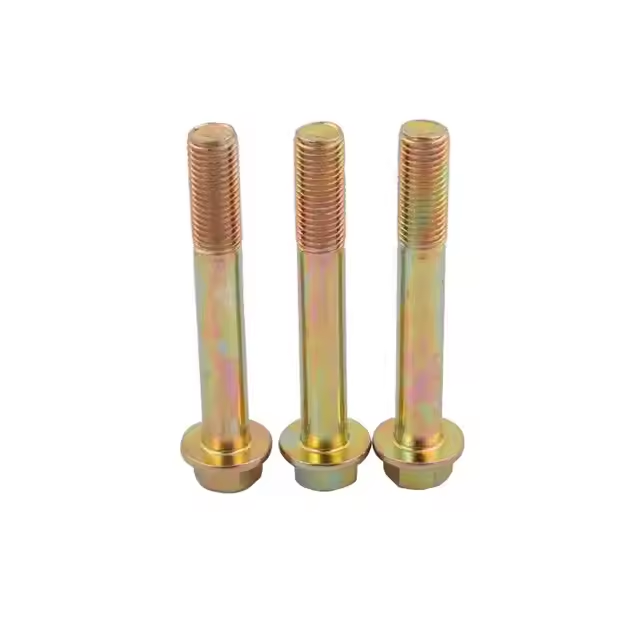
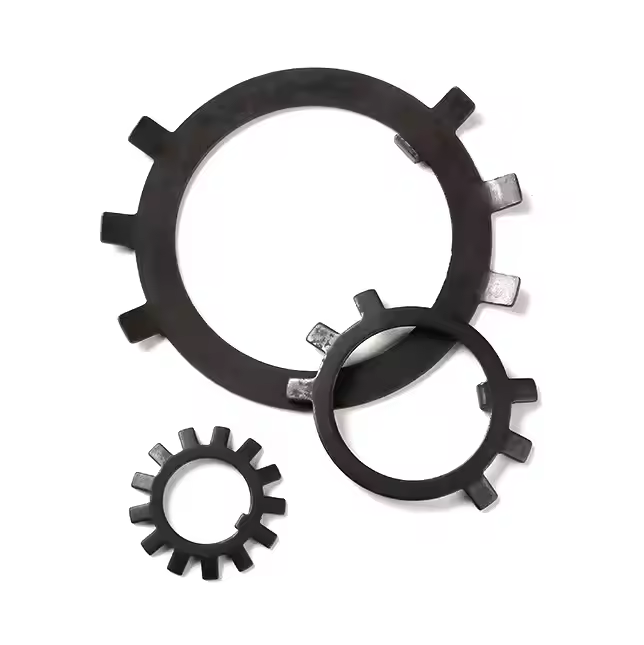
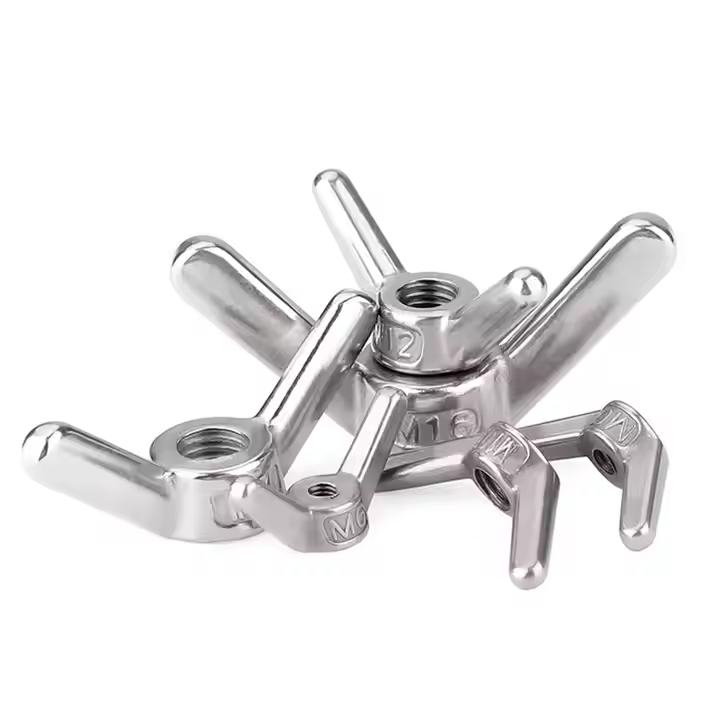


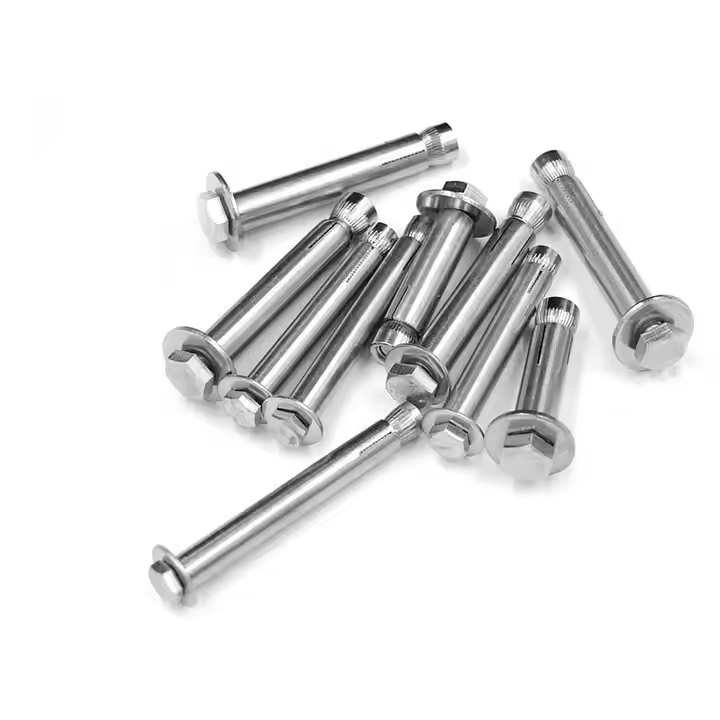
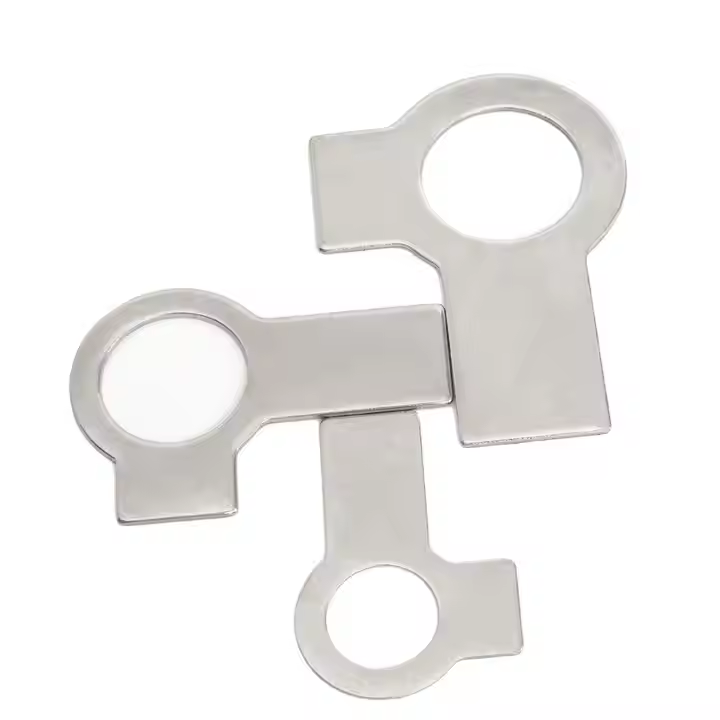
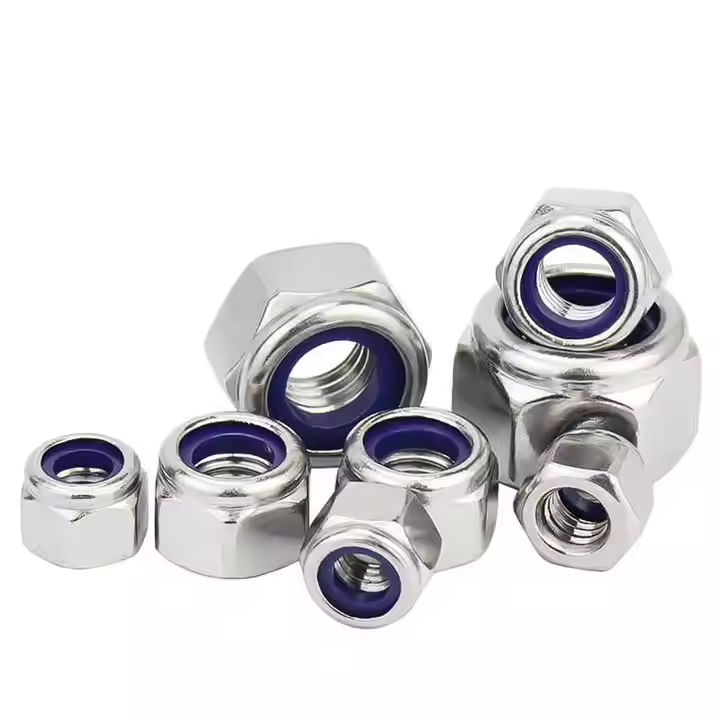
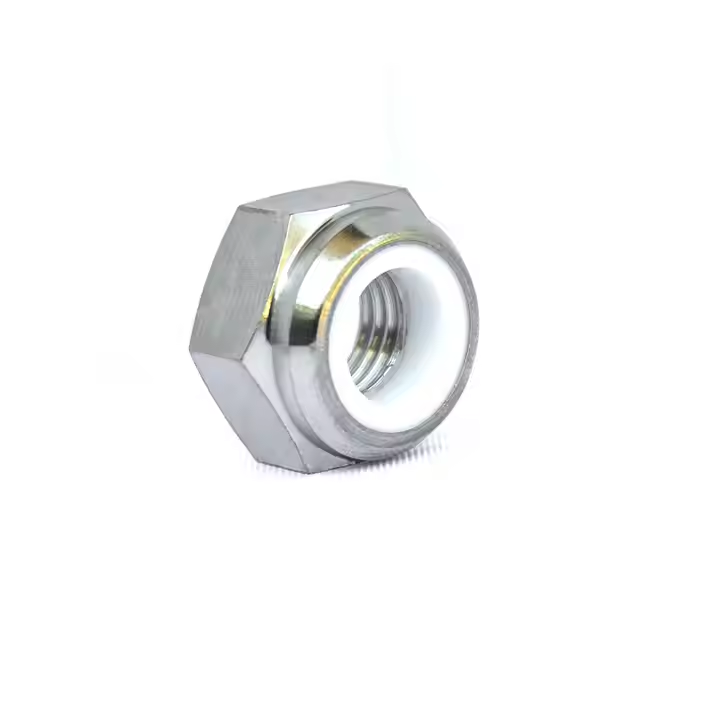
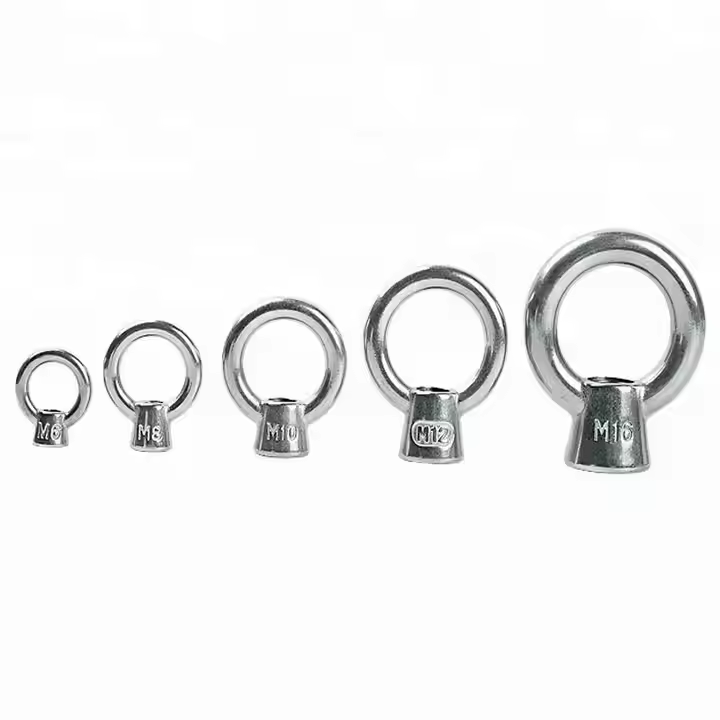
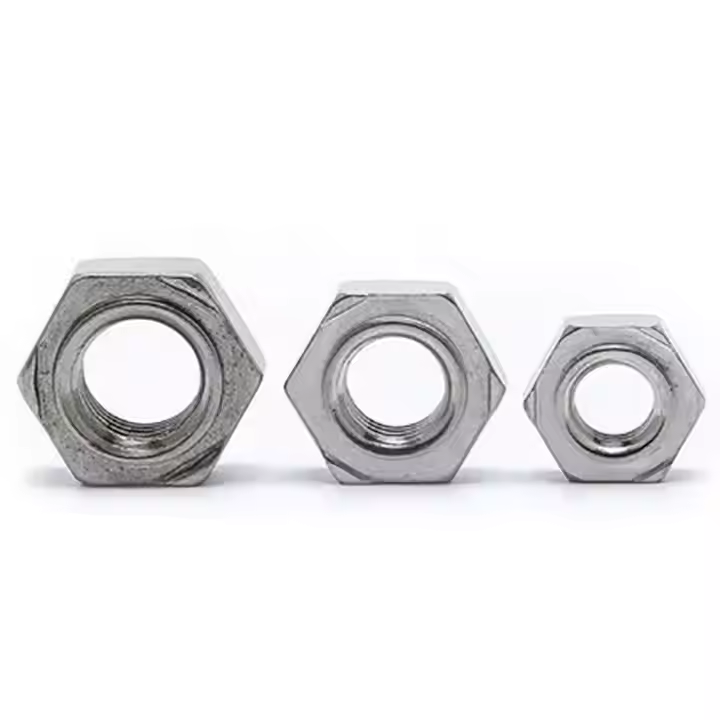
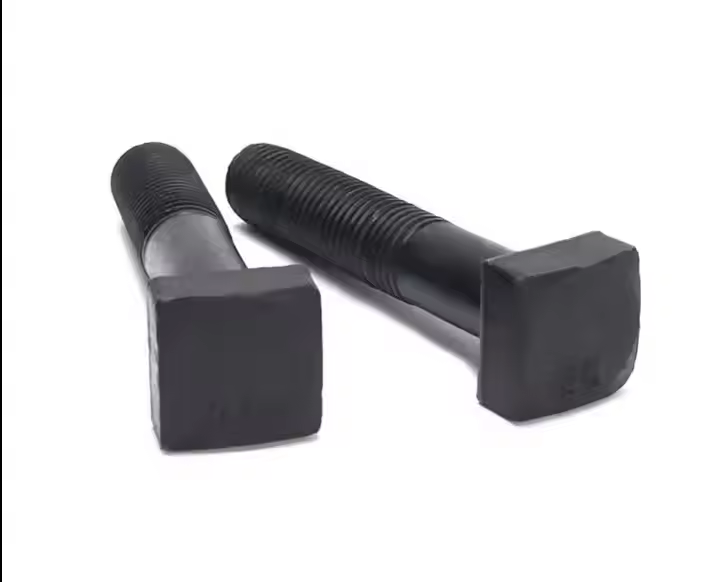
Please enter your email address and we will reply to your email.